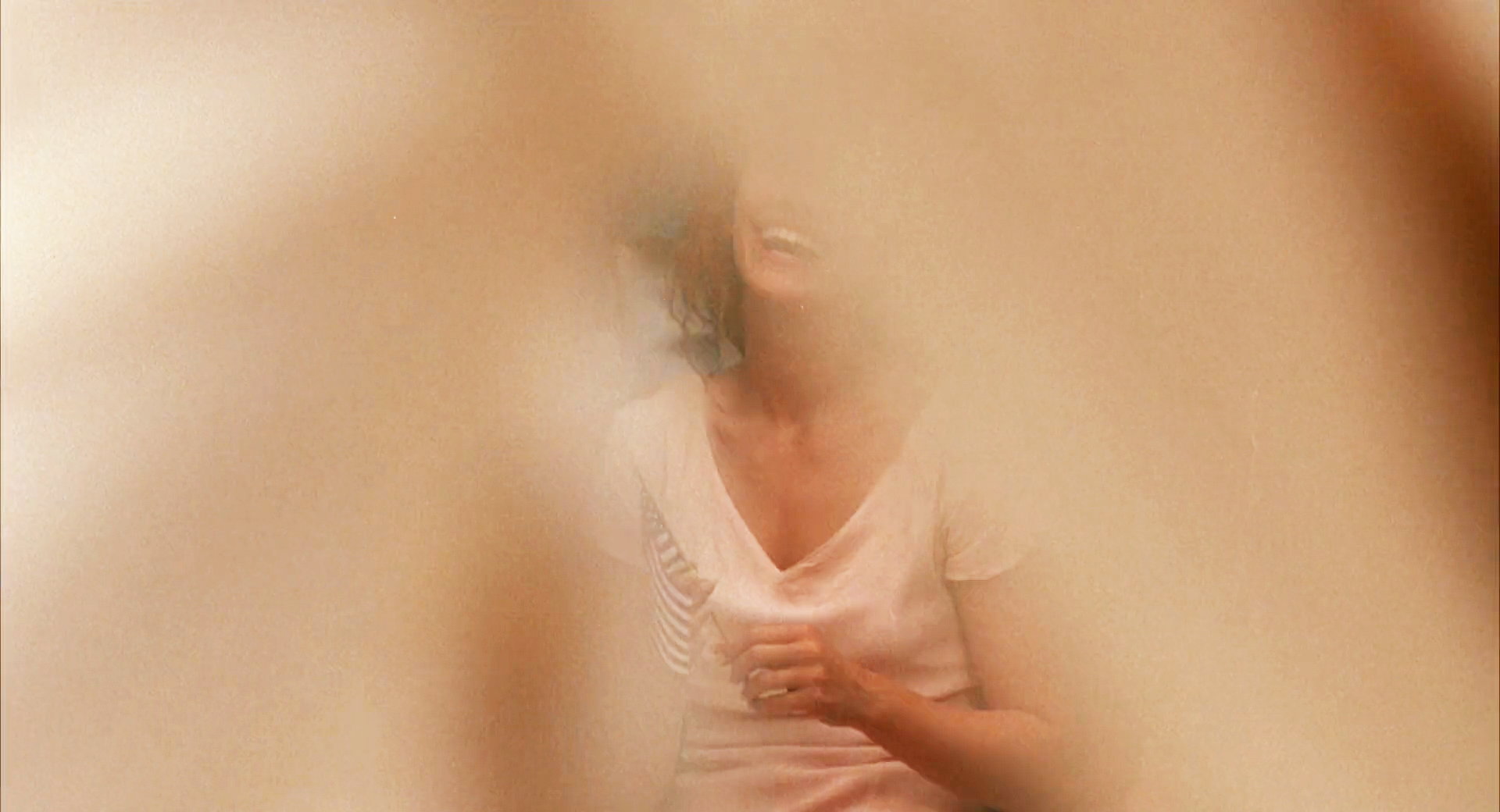Other modes of residency
JULIA MARTOS: JULIA ROBERTS DOESN’T EXIST
by
Presentation by Julia Martos, introducing her residency at Bulegoa z/b as invited artist in residency.
JULIA ROBERTS DOESN’T EXIST
Julia Roberts doesn’t exist experiments with a new voice for Daryle, Daysie, Shelby, Rachel, Hilary, Darby, Laura, Sabrina, Grace, Julianne, Anna and Maggie. By transcribing, twisting and recomposing the original scripts interpreted by Julia Roberts in the ‘90s, this project traces Hollywood’s appropriation of the imagery of female sensuality and its influence in constructing an idea of desire.
My father is dead. Then, why is he back? (Flatliners, Joel Schumacher,1990).
My time at Bulegoa z/b is an opportunity to practice compilatory filmmaking, which I conceive as a methodology for feminist film critique. Ever since 2017, I’ve been spending hours watching Julia Roberts’ films and have added hours of transcription and analysis to her original scripts. Using only her appearances from 1988 to 1999, I intend to restore a space for audiovisual autonomy from which the actress herself can reflect on the role played over those years.
There is an intention in the destruction and rewriting of Western androcentric scripts to question both the official historical narrative and the medium that legitimises it. By using audiovisual appropriationism as an artistic and political tool, I emphasize the gleaning and recycling that accompany feminist practices that focus on rescuing the archipelago of signs, symptoms and minor discourses situated outside the hegemonic discourse of the father.
Bulegoa z/b will be hosting the rehearsal of this video installation. A publication will be made as an appendix to this process.
Julia Martos (Cordoba, 1989) is an artist and film programmer. She terminated her studies in Film Programming and Curatorship at Birkbeck College, London, in 2021 on a grant from the Fundación Botin for Museum Curatorship and Management. Her thesis, The Hand Behind: a contemporary awakening of women from the Spanish family archive, reveals her interest in tracing a feminist counterhistory through appropriationist film practices. Her work has been shown at festivals in the UE, Europe and Latin America and other contexts such as LOOP FESTIVAL Barcelona (2020); Festival Bendita Tú (2020), Antic Teatre Barcelona (2018); and C3A Córdoba (2017). She has worked on the programming of Essay Film Festival (London, 2021); Archivos Vivos (BilbaoArte, 2021); Korean Film Nights, KCCUK (London, 2020) and the Xcèntric archive, CCCB (Barcelona, 2021).
This event is supported by the Foundation for Arts Initiatives (FFAI), New York.

